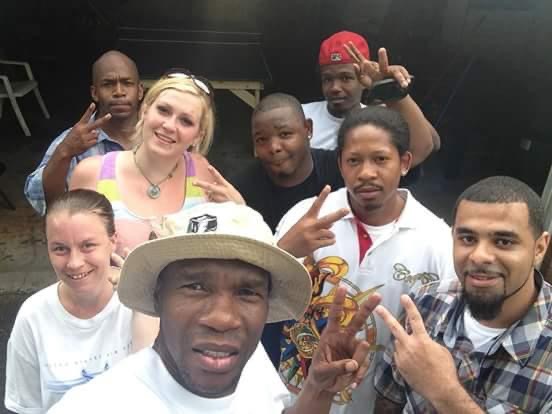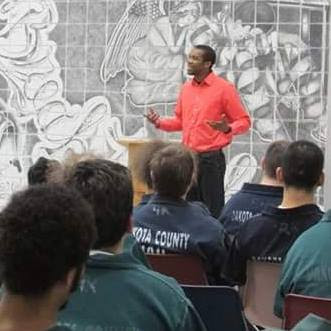Effective restorative practice is rooted in the community. It requires trust, rapport, and an understanding of local dynamics that can only come from within. Justice-impacted individuals are often deeply embedded in the very communities we aim to serve, particularly Black, Brown, and Indigenous communities. They possess existing relationships, cultural fluency, and a firsthand understanding of community needs and strengths. When a justice-impacted individual facilitates a circle, it sends a powerful message: ‘This process is for us, by us.’ This inherent trust allows for more open dialogue, more honest accountability, and ultimately, more sustainable solutions that truly resonate at the grassroots level. They don’t just work for the community; they work with it, as integral parts of it.





